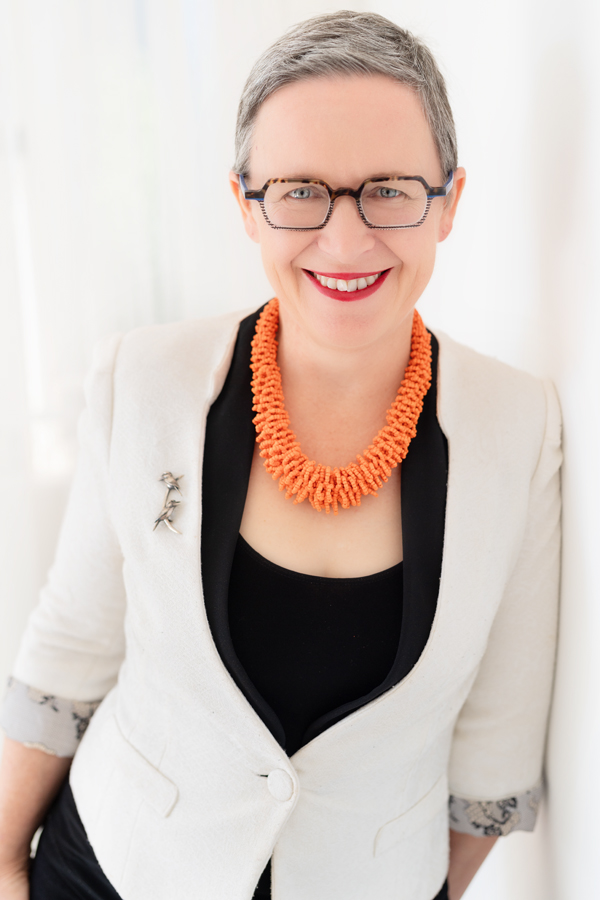
Kiri Parr
What can the New Zealand construction sector learn from Australia in the technology sphere?
Australia is doing some really cool things in the technology space that are focused on improving project outcomes, including the development of collaborative platforms for information sharing. There is a Brisbane company that has developed AI which will enable more accurate and faster project management decisions which I believe is a fascinating concept. There is also some research going on into the development of blockchain contracts. Every project owner should be looking for technology that will support their ventures, with more options becoming available every year.
The Australian construction sector is receiving a diverse range of government responses to the issues of building quality which I know is also an issue in New Zealand. I think you have an excellent opportunity to observe and cherry-pick here. NSW, and especially the work of their newly appointed Building Commissioner, is one jurisdiction that you should keep a close eye on.
What should we avoid like the plague?
Definitely, the Australian adversarial nature that heads us towards confrontation and win/lose pathways all too often and too quickly. Other than that, I think we are only beginning to develop a greater awareness of the issues that are emerging from major projects and the long term impacts of the PPP model. Time is teaching us lessons on both fronts; we just have to capture and remember those lessons for next time and support the leaders who are doing things differently.
What do you think are the global trends and issues facing the sector?
One of the major discussion points is collaborative procurement as a holistic concept. The industry is now talking about collaboration not just as a form of contract, but as an approach to bring together every aspect of a project’s delivery.
Dispute Adjudication Boards and Dispute Avoidance and Advisory Boards are also an interesting recent development. They are one of the few governance tools available to parties of hard dollar contracts which could bring some form of control during disputes. The full ramifications of these developments are yet to be entirely explored locally.
Despite all the risks, megaprojects continue to be attractive in the market. I guess this means we will all continue to struggle with working out how to break the Iron Law – that these types of projects always go over budget and over time.
What do these trends mean for New Zealand?
I think you are well ahead of the game on collaborative procurement which is just great.
In these COVID-19 times, and with other significant risks on the horizon (such as climate change and a recession) we should be very wary of the allure of megaprojects. The uncertainty and risk they end up posing, and not just on that project but more broadly as they consume resources, money and the best people to sort them out.
How is the construction market shaping up in Australia post-COVID-19?
Patchy. If you are in the Government infrastructure side of the market, you probably have too much work, but things are much tougher for those in the commercial market. I am starting to see things picking up a little now, but I think we are all just starting to realise that COVID-19 is going to be a very long game.
I believe the reopening of international markets and the resumption of overseas travel is still quite some time away.
Are there any legal issues surfacing as a result of delays and changes to projects that can be attributed to COVID-19?
I am sure endless disputes are bubbling away out there. I have heard commentators concerned that while Contractors might be able to make delay claims for COVID-19, they won’t be able to claim compensation. I think that concern is well placed, and ultimately no good comes from being correct under the agreement but sending your contractor or consultant broke along the way. I am, however, more impressed by the number of problems that are resolving due to COVID-19 forcing us to find a different way of doing things.
A related issue, which I think is essential, especially here in Australia where we have not eradicated the virus, is the impact the pandemic is having on people. We now have people working long hours to overcome issues and responding to challenges that have arisen due to the COVID-19 pandemic. Many of these people are also having to adjust to working away from the office and are discovering how to fit their kids’ requirements into their workday. I fear that the emotional impact of this is starting to hit home now, and business managers need to hold focus on their people and what they need.
How is your work progressing with the FIDIC contracts committee?
I am just starting to get my teeth into the work of this committee. I was part of the working group that drafted detailed guidance on how COVID-19 would impact project delivery. The guide was published in April, and I am very proud of that piece of work.
Other Task Groups that are just kicking off involve two significant pieces of work. One is looking at the development of an international standard PPP contract and the other an international standard collaboration contract. I think both of these will be relevant documents that will be important additions to the FIDIC suite of contracts.
It is worth noting the development of contracts by FIDIC is facilitated by volunteers who work in diverse task groups. There is an enormous amount of stakeholder engagement, and a comprehensive review process is undertaken before we get to the end product. This rigorous process ultimately ensures the contracts achieve a high level of authority in the global market.
